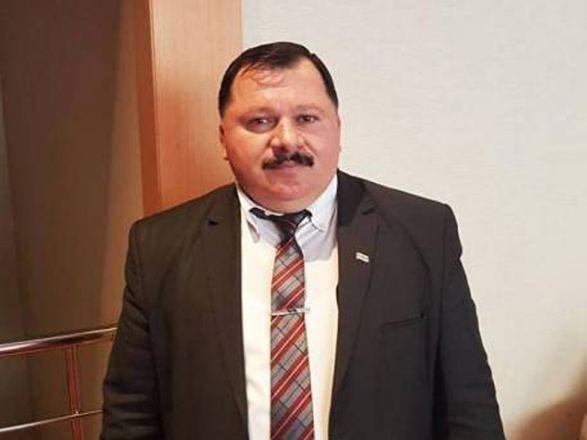
The liberation of Shusha city has a very important geostrategic significance, President of the “Caucasus International Center for the Study of Geohistory and Geopolitics” Guram Markhulia told Trend.
The expert congratulated the entire Azerbaijani people with the liberation of the city of Shusha.
“Finally, the refugees of Azerbaijan will be able to return to their native lands,” Markhulia notes.
According to the expert, there is very little left until the complete liberation of Nagorno-Karabakh.
“A little more patience, and the territorial integrity of Azerbaijan will be fully restored,” he said.
President of Azerbaijan Ilham Aliyev announced that Shusha city was liberated from Armenian occupation on Nov. 8.
“With a feeling of boundless pride I state that Shusha city has been liberated from occupation! President Aliyev said while addressing people. “Shusha is ours! Karabakh is ours! I cordially congratulate the entire Azerbaijani people on this occasion! I cordially congratulate all Shusha residents!”
Armenian Armed Forces launched a large-scale military attack on positions of Azerbaijani army on the front line, using large-caliber weapons, mortars and artillery on Sept. 27. Azerbaijan responded with a counter-offensive along the entire front. Currently, Azerbaijan continues the liberation of its territories from Armenian troops.
Back in July 2020, Armenian Armed Forces violated the ceasefire in the direction of Azerbaijan’s Tovuz district. As a result of Azerbaijan’s retaliation, the opposing forces were silenced. The fighting continued the following days as well. Azerbaijan lost a number of military personnel members, who died fighting off the attacks of the Armenian Armed Forces.
The conflict between the two South Caucasus countries began in 1988 when Armenia made territorial claims against Azerbaijan. As a result of the ensuing war, Armenian Armed Forces occupied 20 percent of Azerbaijan, including the Nagorno-Karabakh region and seven surrounding districts.
The 1994 ceasefire agreement was followed by peace negotiations. Armenia has not yet implemented four UN Security Council resolutions on the withdrawal of its armed forces from Nagorno Karabakh and the surrounding districts.
 Oval Useful news from Azerbaijan and Caucasus
Oval Useful news from Azerbaijan and Caucasus


